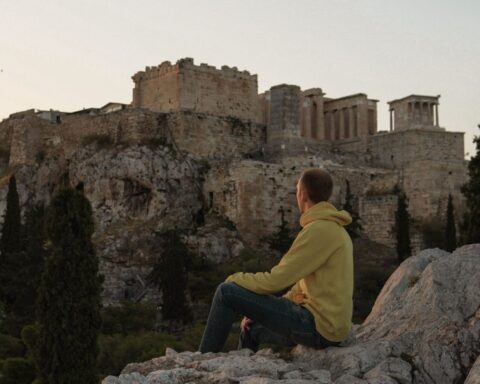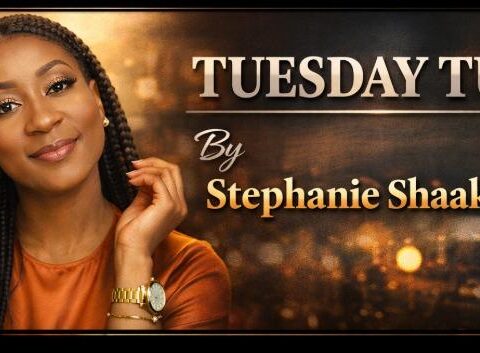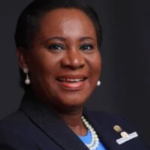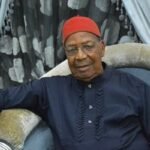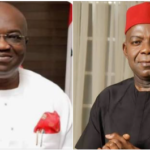By Emmanuel Gandu
[“During his reign as Pope, spiritual and temporal power became inseperable and indivisible. Karol Wojtila became the most political Pope in living memory, and the greatest evangelist since the Gospel Writers.”]
– David Yallop (2007)
EXCERPS
“Pope John Paul II stroke what turned out to be a mortal blow to communist, dictatorial, totalitarian, and unpopular despots and regimes across the world.”
“To the admiration of the world, he once kissed the Qur’an given to him by Muslims on a visit.
Interestingly, whenever he knelt down to kiss the ground wherever he went visiting, it served as a signal to the world that an apostle of peace was on a mission to bring the needed peace that had eluded humanity.”
“Throughout his papacy, the Pope used soft power, he was brave, and traded where less mortals feared to go.”
He was the first Pope to visit and pray in an Islamic Mosque in Damascus Syria in 2001.”
THE FUNERAL
Pope John Paul II funeral Mass held on 8th April 2005 set world records both for live attendance, television viewing, radio listening, print media coverage, religious leaders, and number of Heads of State present at any funeral ever in world history.
This funeral was the single largest gathering of heads of state, surpassing the funerals of Winston Churchill (1965), and Josip Broz Tito (1980).
Four Kings, five Queens, at least 70 presidents and prime ministers, and more than uncountable world leaders of Judaism, Islam, Budhism, and other religions attended.
Interestingly, this funeral witnessed the largest gathering ever of Muslim leaders in any Christian funeral event.
In a historical rarity, Protestant and Eastern Orthodox leaders, as well as representatives and leaders from Judaism, Islam, and Budhism offered their memorials and prayers as a way of sympathising with the grief of Catholics, and indeed Christendom.
An estimated four million mourners gathered in and around the Vatican city.
Between 250,000 and 300,000 watched the event from within the Vatican walls. Many more watched the event from outside the Vatican walls in dedicated large venues and viewing centres across Italy. An unprecedented television viewers watched the event live across cities and towns of the world. A lot more were glued to their radio sets, and several others read the news coverage on magazines, journals and newspaper tabloids.
Nigeria’s delegation to the funeral was led by no other person than President Olusegun Obasanjo. According to then Senior Special Assistant to the President (Media) Mrs. Oluremi Oyo, President Obasanjo did not only represent Nigerian Catholic faithful but used the opportunity to pay his tributes to the departed Pontiff who stood by him in times of his trial while in General Sani Abacha’s gulag.
The young, old and the elderly were not left out in the ecstacy to bid farewll to the people’s Pope.
BIRTH AND EARLY LIFE
He was born to Karol Wojtila Snr. and Emilia Kaczorowska in the town of Wadowice, Poland on 18th May 1920. While as a University student in Krakow, young Wojtila worked as a volunteer Librarian, and as a playwrite performing with various theatrical groups.
In 1939, after invading Poland, Nazi Germany’s occupation forces closed down the university. Able-bodied males were required to work, so from 1940 – 1944 Wojtila variously worked as a messenger for a restaurant, and a manual labourer in a limestone quarry for a chemical factory.
In 1940 Karol Wojtila (Pope John Paul II) had two major accidents, suffering a fractured skull after being struck by a tram and sustaining injuries which left him one shoulder higher than the other, and a permanent stoop after being hit by a lorry in a quarry.
His father, Wojtila Snr., an Officer in the Polish Army died of heart attack in 1941, leaving the young Wojtila an orphan and the only immediate family’s surviving member.
Reflecting on those times of his life at that period, he had this to say – “I was not at my mother’s death, I was not at my brother’s death, I was not at my father’s death. At twenty, I had already lost all the people I loved.”
POPE JOHN PAUL II AND NIGERIA
Pope John Paul II visit for the second time to Nigeria during the General Sani Abacha dictatorial regime in March 1998 enabled the Pope to appeal to Abacha for peaceful democratic political reforms in Nigeria.
The Pope also pleaded with Abacha during series of peaceful dialogue for the release of 60 political prisoners including General Olushegun Obasanjo who was held in prison in Jos by the Abacha junta for treasonable felony offenses.
General Sani Abacha could not give his word to Pope John Paul II at the duration of the visit.
After that visit, God took care of events in the country and freed Nigeria from the clutches of the Abacha Junta tyranny.
Abacha died in June 1998, General Abubakar Abdulsalam came in as Nigeria’s head of state and introduced far reaching political reforms, Obasanjo was moved from prison to presidency following the organization of political parties where the conduct of national elections within the shortest time ever in the history of the country was carried out.
Nigeria had been enjoying an unbroken democratic dispensation since 1999.
CONCLUDING REMARKS
Pope John Paul II won over the hearts and minds of the diversity of people of different religious affiliation of the world. He endeared himself to the people’s yearnings, aspirations, and struggles, along with his personal struggles by transcending spiritual calling to political exigencies of the times.
He effectively used the power at his disposal to better the lot of humanity. His was what Joseph Nye calls ‘Soft Power’ – the power of attraction and repulsion.
The Pope began with an enormous advantage made possible by the Catholic Church, the 1.36 billion (17.7%) population of the world’s largest single religious denomination, (Pew Research 2024) where he exploited it to the utmost – thanks to the goodwill extended by the rest denominations, Islam and the other faiths, not forgetting :
(a) The then US President Ronald Reagan.
(b) Soviet leader Mikhail Gorbachev.
(c) West German Chancellor Helmut Kohl
(d) East German Prime Minister Hans Modrow
(e) British Prime minister Magaret Thatcher
(f) French President Francois Mitterand
(g) Lech Walesa, Labour leader of the Workers Union of the Polish Solidarity Movement.
As head of the Catholic Church, Pope John Paul II, the one among others stood all the time for the protection and preservation of the cherished ideals of human life in a world that cares little about the ordinary man.
The people came to him by their millions. They listened to him, he told them to be good, not to compromise themselves, to be fearless, to demand justice in a peaceful atmosphere, to love and stick to one another, and that God is the only one source of goodness, and the only standard of conduct.
Unarguably, Pope John Paul II struck what turned out to be a mortal blow to communist, dictatorial, totalitarian, and unpopular despots across the world.
Whenever he kissed the ground wherever he went visiting, he signalled to the world that an apostle of peace was on a mission to bring the needed peace that had eluded humanity.
Pope John Paul II was brave and traded where less mortals feared to go.
Little wonder at his funeral the crowd was already calling for his Sainthood – a testimony to his holiness.
The good man was buried in the grounds of the Vatican alongside his 263 predecessors.
Follow us on all social media platforms @dailyquery for news and analyses around the globe.

